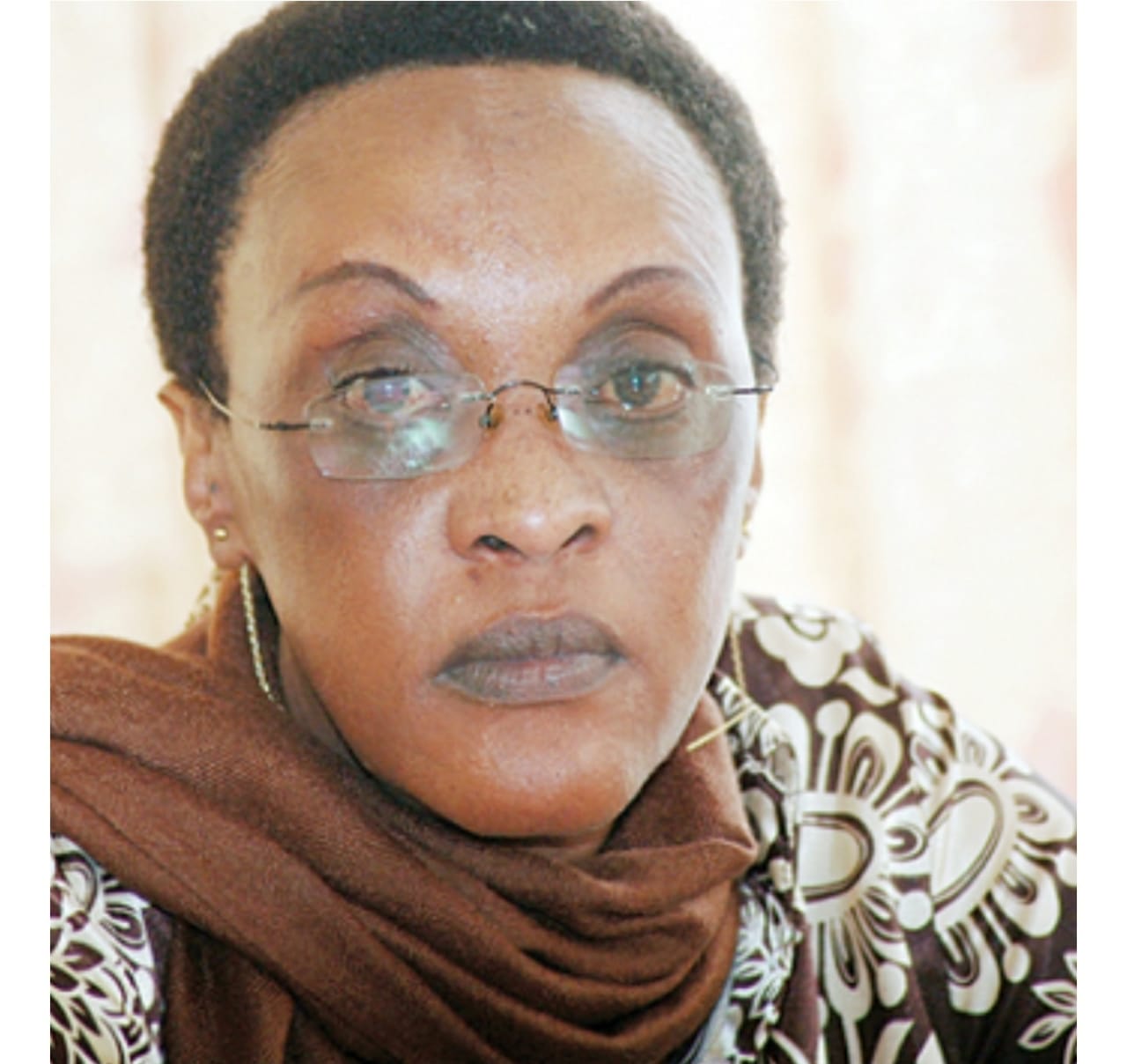Marie Immaculée Ingabire, the widely respected Chairperson of Transparency International Rwanda (TI-Rwanda), a veteran journalist, and a powerful, persistent advocate for human rights, passed away on Thursday, October 9, 2025, after a period of illness. She was 63 or 64. A founding figure in Rwanda’s post-genocide civil society, Ingabire dedicated her life to battling injustice, corruption, and gender inequality, leaving behind an indelible legacy of integrity and courage.
The titan of transparency
Ingabire’s public life was most defined by her relentless commitment to good governance through her leadership at Transparency International Rwanda (TI-Rwanda). She was one of the organization’s founders in 2004 and was elected as the powerful Chairperson of the Board of Directors in 2007, serving in that capacity for nearly two decades.
Her approach was characterized by a rare combination of firmness and empathy. Colleagues often described her as a “shepherd of the sheep,” noting her sincere, maternal compassion that made everyone feel equally seen and heard, regardless of their status. She extended this “shepherd” role not just to social issues but also to matters of administration and justice, ensuring due process and honesty.
Her fundamental belief in the necessity of ethical leadership was encapsulated in a quote frequently attributed to her: “No great country can exist with corruption.” This drive for accountability helped position TI-Rwanda as a leading watchdog. Under her direction, the organization was formally recognized in 2012 for demonstrating an excellent program in promoting good governance in the country.
A pioneer in media and women’s rights
Before dedicating herself fully to the anti-corruption movement, Ingabire was a formidable force in the Rwandan media. She returned to the country after the 1994 Genocide against the Tutsi and began her career as a journalist, working initially at the Office Rwandais de l’information (ROI).
Her work in journalism naturally evolved into outspoken human rights advocacy, particularly for women. Ingabire was highly influential in the women’s movement, serving in prominent roles in organizations like PROFEMME Twese Hamwe and the Rwanda Women Network. She was also a co-founder of the Association of Rwandan Female Journalists (ARFEM), ensuring women’s voices were heard in the media landscape.
Her influence transcended national borders; she represented Rwanda at international forums, including the seminal Fourth World Conference on Women in Beijing in 1995, which defined the global agenda for gender equality. In all her public roles, she strongly encouraged youth and women to stand up for justice, respect others, and serve the country without seeking personal gain.
A life forged in exile
Ingabire’s resolve was deeply rooted in her personal history. Born in a foreign country—Burundi—she was raised in exile, an experience she often cited as shaping her powerful and unyielding rejection of all forms of injustice and discrimination. This background cemented her belief in truth, honesty, and rightness for all people.
Those closest to her noted her personal devotion, describing her as a woman of the gospel and good counsel, guided by core principles that included prayer, respect, and perseverance. She was celebrated as a gentle and sincere figure whose toughness in the face of corruption was matched only by her profound humanity.
Marie Immaculée Ingabire’s death is a profound loss to Rwanda’s civil society and to the regional movement for transparency and gender equity. Her tireless work has set a high standard for integrity in public life. May her soul rest in eternal peace.





